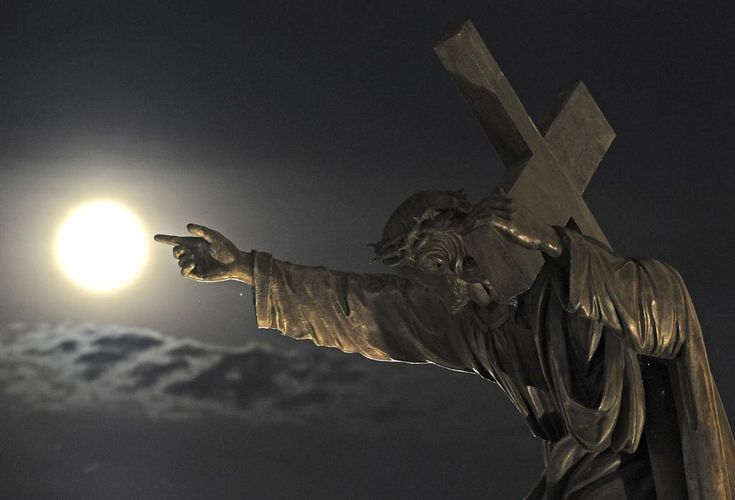Perhaps an ambiguity between perceiving nothing or not perceiving anything. (Would that constitute an absence of jnana? Would that establish jnana being inherent in the void?)
If you permit, I will begin from experience of deep sleep, because it alone can give us a hint.
In deep sleep there is no experience of world, self, or time. It is characterised by absolute lack of any desire. But surely a connecting consciousness exists, else how will one know that one slept blissfully? Scriptures say that nothing is known from within deep sleep because in deep sleep consciousness is non dual, without any contrast, without a second person, without a second sound, without a second smell, without a second taste. Being homogeneous and non dual, nothing is perceived, except some bit of memory of bliss. This state is called pure dense prajnana. This is ghanashyam -- the dense dark Krishna.
In highest state of meditation, with absolute still mind, the objectless form of consciousness (similar to deep sleep consciousness) is experienced while fully awake in waking state. The same waking state is full of forms as soon as mind moves.
So, it is stated that what is form is formless and vice versa. These are two views of the same mind/reality. Formless when mind is still. Full of forms when the mind moves.
Abidance in the objectless prajna consciousness may (or may not) make one equal to and see like avalokitesvara.
(This is my understanding engendered through some experiences and contemplation. And this is only an approximate rendering in word. YMMV. )

